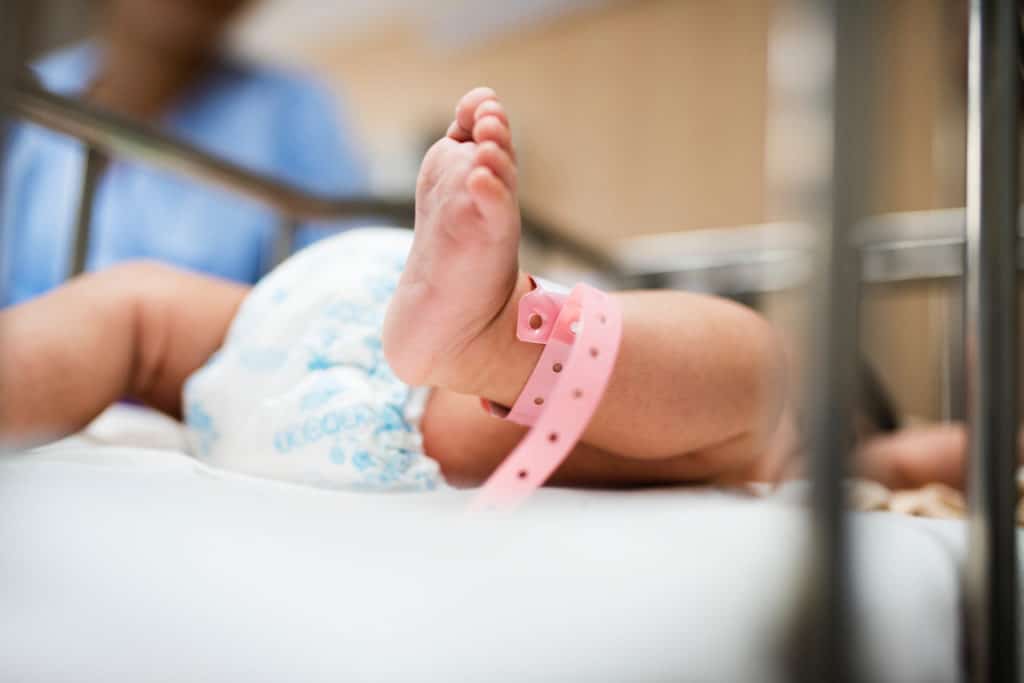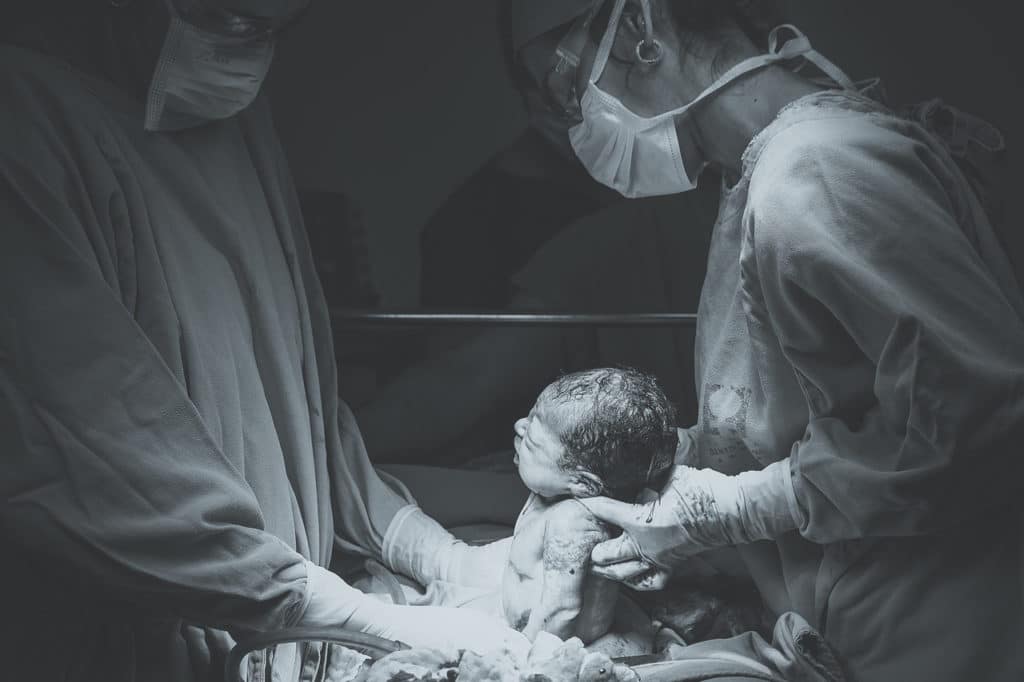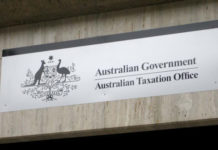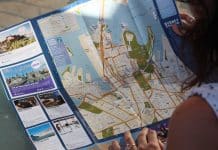
As you probably know, the healthcare system in Australia is pretty good, but also very expensive. If you have a permanent residency status in Australia, you are entitled to Medicare (Australian Social Security). Otherwise, you should ask your travel insurance if you are insured for pregnancy and giving birth. Becoming a mother is obviously a wonderful, unique and memorable experience… but at the other end of the world, it can be stressful or even frightening! But don’t worry, you will find in this article all the necessary information to prepare you for your pregnancy in Australia.
Table of Contents
Understanding Medicare coverage
Medicare is Australia’s public healthcare system, providing access to various medical services at low or no cost. If you’re from overseas and eligible for Medicare, you can benefit from comprehensive prenatal, birthing, and postnatal care.
Read also : Medicare in Australia
Pregnancy in Australia
Prenatal care
You’ve just done a pregnancy test (available for a few dollars at the pharmacy or supermarket), you wait a few minutes and … surprise! The result is positive, you are pregnant! A 9-month adventure begins and you can be sure that you will get a lot of support along the way.
Be aware that your pregnancy must be monitored by a professional to make sure that everything is going well. The frequency of check-ups will however depend on several factors (your age, your general health, twin pregnancy, etc.).
The monitoring of your pregnancy will be taken care of by either your doctor (GP), an obstetrician or a midwife. In general, your General Practitioner will be your first point of contact for confirming pregnancy and initial advice. Public Hospitals also offer maternity services including routine check-ups, ultrasounds, and blood tests.
During your pregnancy, you will be offered two ultrasounds. The first is in the first trimester and the second in the second trimester. You also have the option of getting a 3D ultrasound, which is quite expensive and not covered by Medicare (about AUD 500). If you are pregnant with more than one baby, you will have more than two ultrasounds – usually one every two months. Ultrasounds are covered by Medicare. If you don’t have Medicare, they cost around $200.
In addition to the ultrasound, you have blood tests. The first blood test takes place at the beginning of your pregnancy to estimate the time of conception. Around the 5th month, you have a second test to prevent gestational diabetes. The second blood test lasts about 3 hours in total. First, you will have a blood test, then you drink a liquid that contains glucose, wait for a while, and then take another blood test. Your doctor prescribes these tests, which means Medicare reimburses you. If you pay for the blood test yourself, it costs about AUD 150 per test.
Birthing Options
Public / Private Hospitals: During your pregnancy, you will have to decide between public or private healthcare. With Medicare, giving birth in a public hospital costs between AUD 0 and 2,000. Without Medicare, the costs vary but start at around $6,000 for a delivery without any complications. Private deliveries can cost up to $20,000 (on average $9,000).
Birth Centres: Located within hospitals, offering a more home-like environment with midwife-led care.
Home Births: Available in some areas, usually under the care of a registered midwife.
Support care
Several different services can be offered to you at the hospital. For example, during pregnancy and up to six months after giving birth, you can benefit from the services of a physiotherapist for free.
You can also take advantage of six free childbirth preparation classes given by hospital midwives. These courses can be very useful if you are about to become a mom or a dad for the first time. Together, you will learn about the different stages of childbirth, the secrets to a peaceful third trimester and the keys to successful childbirth. You will also receive advice on how to better cope with your baby’s arrival. These courses will also give you an opportunity to meet other future parents and discuss your fears, doubts and hopes.
Finally, you will be encouraged to draw up a birth plan to share with your medical team (whether or not you want an epidural, position you want to give birth in, skin to skin with your baby, whether you want an injection of vitamin K at birth or not, etc).

Giving birth in Australia: Birth plan
The birth Plan
Australian doctors and midwives are very attentive. Some hospitals are more focused than others on natural methods of childbirth (breathing and meditation techniques to manage pain, hot baths, relaxing gas, electrodes, and epidurals as a last result). If you want an epidural, remember to request one as early as possible because if you ask for it too late, it may no longer be possible.
You can discuss your various options for giving birth with your medical team. Elective caesarean sections are quite common in Australia. You can even choose the date of your C-section if you wish. Water births are also rising in popularity and the bathrooms of maternity wards are very often equipped with bathtubs. In some maternity wards, you will find an essential oil diffuser, dimmed lights and the option to put on music.
More and more women are also using doulas. Doulas are trained non-medical professionals who assist you to give birth at home or in the hospital. They generally offer “packages” where they support you throughout pregnancy, childbirth and postpartum, or you can just hire them for one stage of your journey.
Possible complications
There may be complications during childbirth and you may need to have a caesarean section. Your spouse will be allowed to be with you in the delivery room, as is the norm in Australia. Depending on the birth and how healthy the baby is, you can choose to do skin-to-skin contact (with mum or dad). Following the delivery, you will be taken back to your room or bed (depending on the hospital). Australians are not at all intrusive and will give you the time and space necessary to create a bond with your child. Breastfeeding is widespread and highly encouraged in the country. The nurses at the hospital will help you breastfeed your child if you wish.
Be aware, however, that depending on your baby’s condition, you may be separated soon after the birth. If your baby needs care, he or she will be brought to the neonatal intensive care unit. In this case, the costs can quickly add up. If your baby is premature, you could find yourself with a very expensive bill – a week in the neonatal unit costs about $10,000. Again, if you have Medicare, you will not have to pay any fees.
Regarding hospital fees: if you have to pay out of pocket, expect it to cost around $1400 per night. In general, the total sum has to be paid within 7 days of your departure from the hospital. Payment plans are available at some hospitals if you don’t have the money right away.
The length of your stay depends on the hospital and your health. Some hospitals will allow you to return home after one day, while others will allow you and your spouse to stay for several days.

Returning home after giving birth
Postpartum care is essential for you and your newborn. When you leave hospital, you will receive a booklet with lots of information on parenthood. You will then have follow-up support at home with several visits from a midwife and a nurse to ensure your well-being and that of your baby. You will also benefit from personalised support to help you breastfeed if you wish to do so. Finally, you will be offered the opportunity to join a group for new mothers, supervised by a childcare nurse, where you can learn and discuss parenting and the development of toddlers. These services are generally free.
Speak to the staff at your local maternity ward, your doctor, or even other mothers, to find out more about the supports you could benefit from. In large cities, you can choose your maternity ward and thus choose the one that best suits your plans and expectations.
Important Considerations
- Health Insurance: While Medicare covers many services, additional private health insurance can provide more options and shorter waiting times.
- Cultural Considerations: Australia is multicultural, and healthcare providers are generally sensitive to cultural needs and preferences.
- Vaccinations and Health Checks: Ensure you’re up-to-date on vaccinations and aware of any health checks needed during your stay.
Useful Contacts
- Healthdirect Australia: A 24-hour health advice line at 1800 022 222.
- Pregnancy, Birth, and Baby Helpline: Offers support and advice at 1800 882 436 (free call), 7 days, and video call.
Australian Breastfeeding Association: National Breastfeeding Helpline: 1800 MUM 2 MUM (or 1800 686 268), 24 hours / 7 days. Australia’s leading authority on breastfeeding.
FAQs – Pregnancy in Australia
You can buy a pregnancy test from a pharmacy or consult your GP.
Ask your GP or other mothers for recommendations. Look for accredited professionals and check their experience and rates.
Yes, but they must be carried out by qualified medical professionals and it is recommended to have an emergency plan in case you need to go to the hospital.
Yes, there are mental health, breastfeeding and baby care support services in hospitals and community health centres. Ask your GP or the hospital for more details.
Options include medication, hypnosis, acupuncture, meditation, and breathing techniques. You can also choose to be accompanied by a doula, who will guide you before and during childbirth.
Parents must register the birth within 60 days of the birth by completing a form with the local registrar. The documents will usually be provided to you by the hospital where you give birth.


























